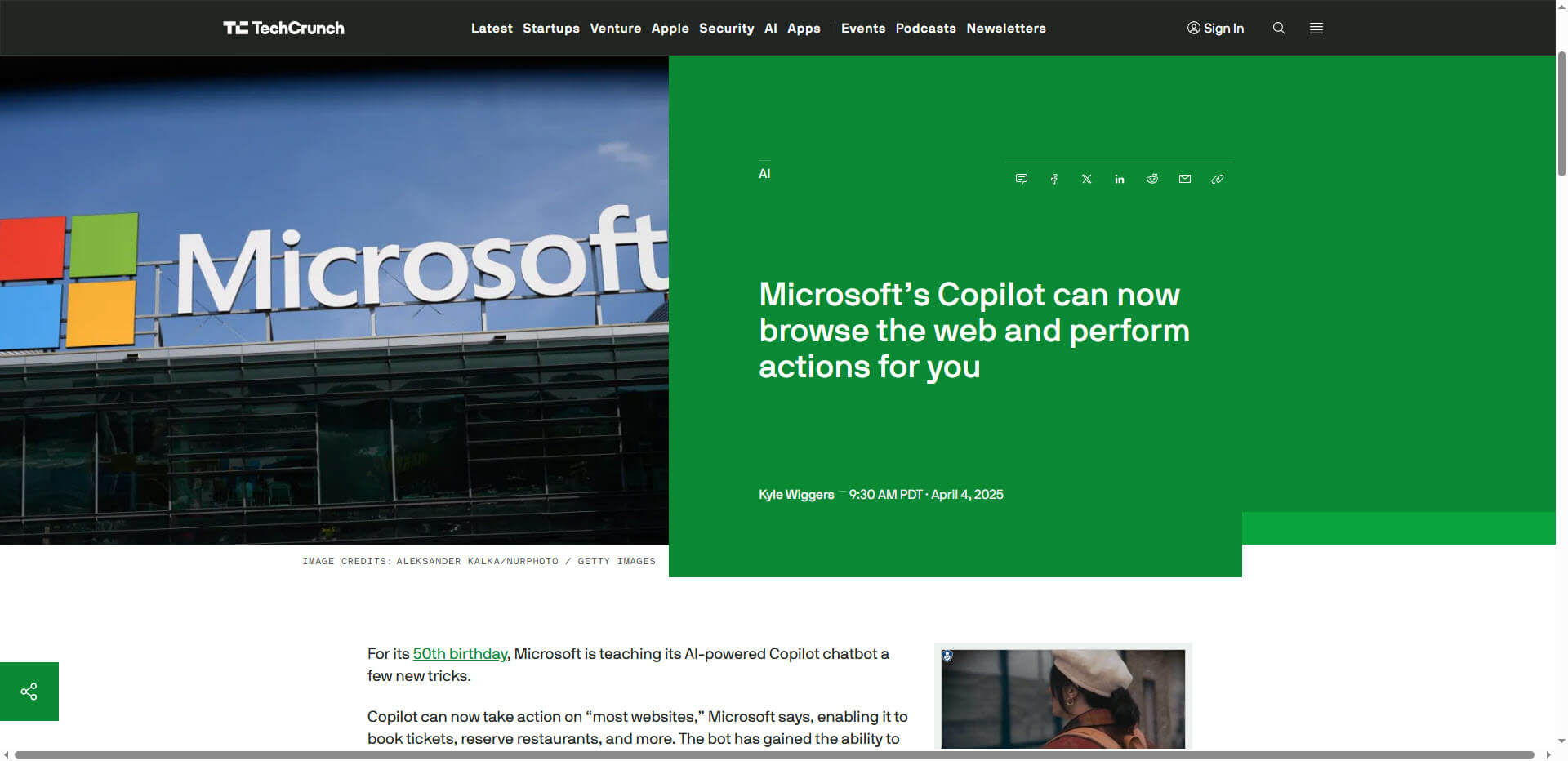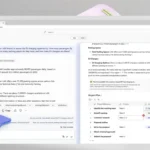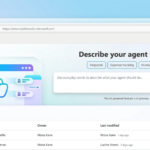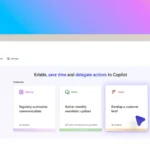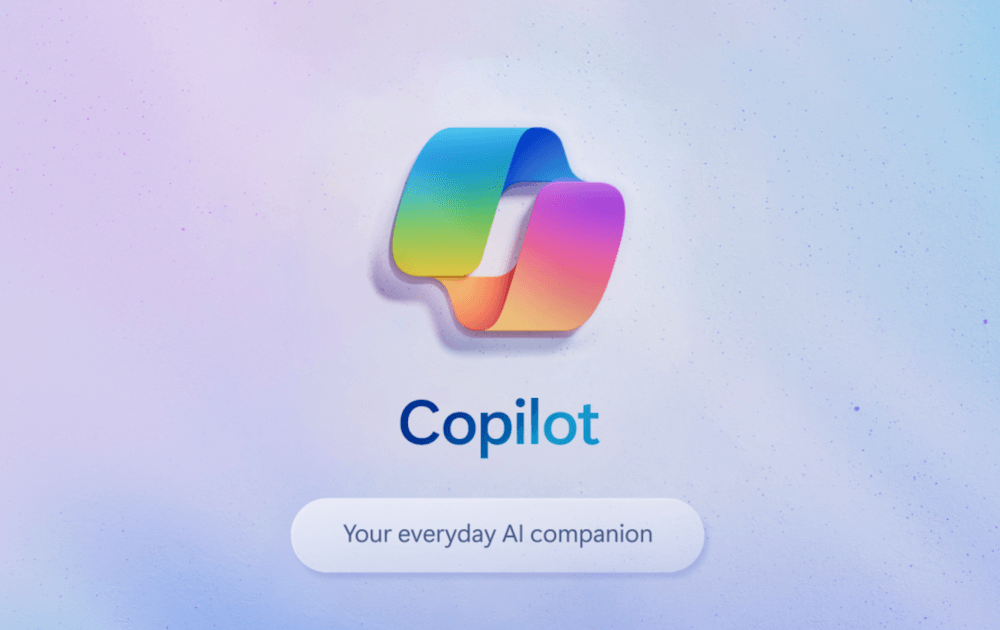Microsoft is transforming its AI assistant Copilot into an active digital helper that can now independently book flights, make restaurant reservations and perform complex web tasks.
The latest version of Microsoft Copilot, which will initially be available to Windows Insiders, brings with it a number of significant functional enhancements. The AI assistant extends its capabilities well beyond simple text responses and can now actively interact with websites. To this end, Microsoft has entered into strategic partnerships with well-known services such as Expedia, Booking.com, OpenTable and Skyscanner. These partnerships enable Copilot to perform complex tasks such as booking flights or restaurants based on natural language requests.
Also noteworthy is the new memory function, which allows Copilot to store user preferences and take them into account in future interactions. For example, if a user mentions that they prefer a window seat on flights or have certain food allergies, Copilot can automatically take this information into account in subsequent booking processes.
Computer vision capabilities have also been greatly enhanced. Copilot can now analyze video content in real time, opening up a wide range of possible applications – from translating foreign language menus with allergen highlighting to architectural style recognition for renovation suggestions. The distributed processing architecture combines local device analysis with cloud support, reducing response time to just 280 milliseconds for mobile visual queries.
For complex searches, Microsoft is introducing the Deep Research function, which executes several thematically related search queries in parallel and summarizes the results in a structured PDF report with automatic source citations. In addition, Microsoft has refined its privacy controls, removing user-identifying information from web queries unless it is explicitly required.
The most important facts about the update:
- Automated web actions for flight and restaurant bookings via partners such as Expedia and OpenTable
- Improved memory function stores user preferences for personalized interactions
- Real-time video analysis with a response time of just 280ms for mobile applications
- Deep Research conducts comprehensive research and creates PDF reports with source citations
- Enhanced privacy controls with transparent management of all stored preferences
- Windows integration enables 2.1 times faster response times compared to browser-based solutions
Source: TechChrunch

